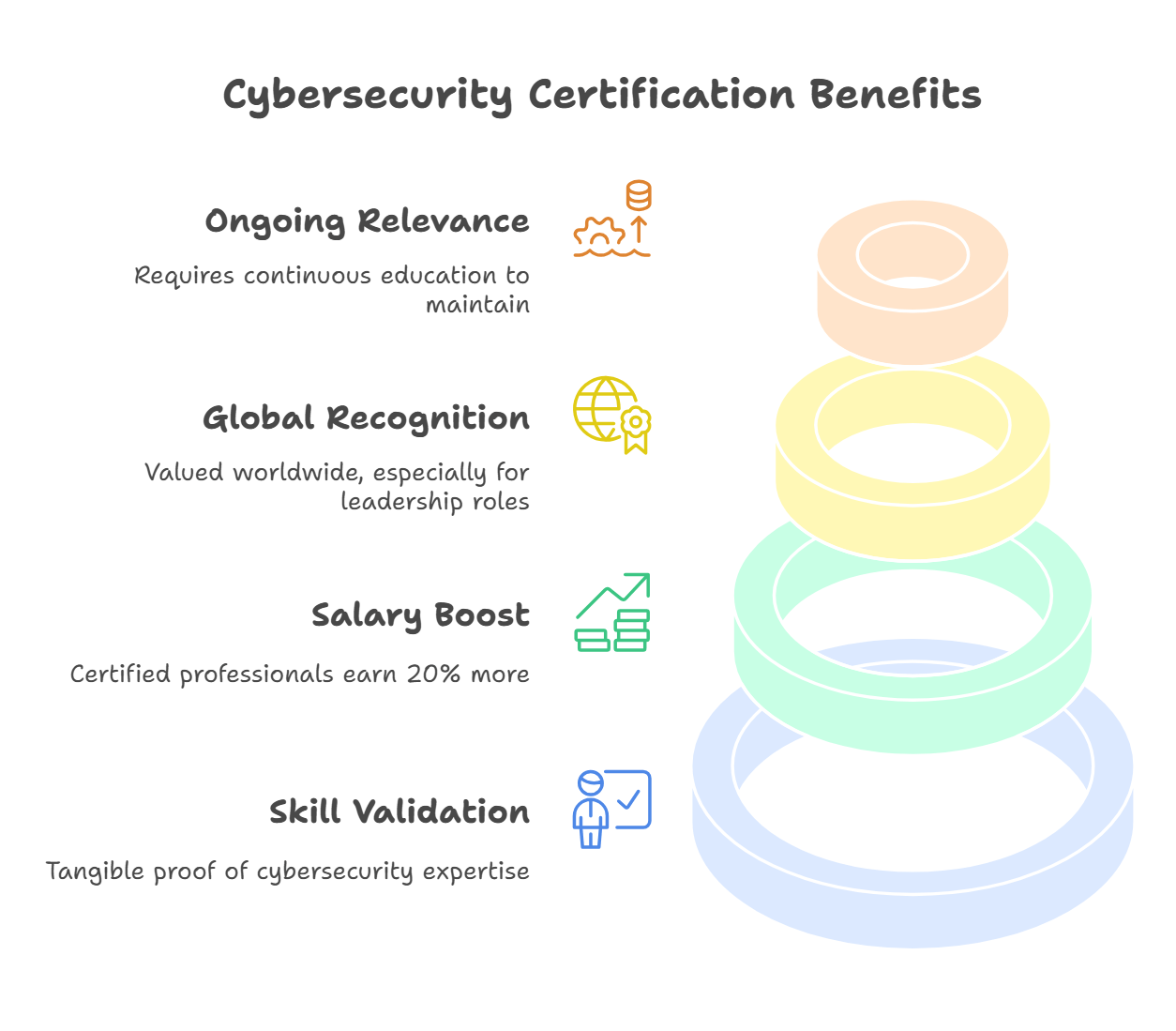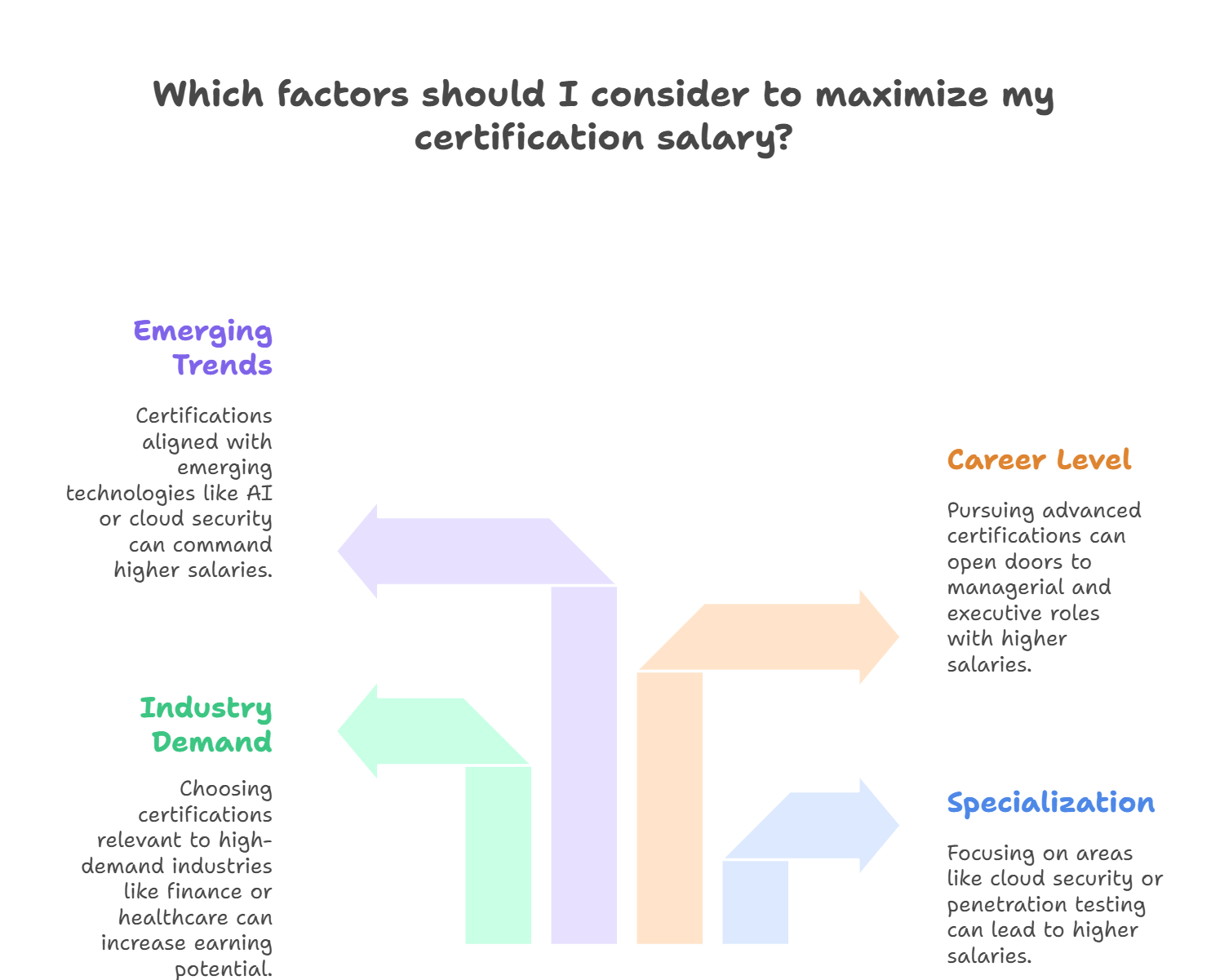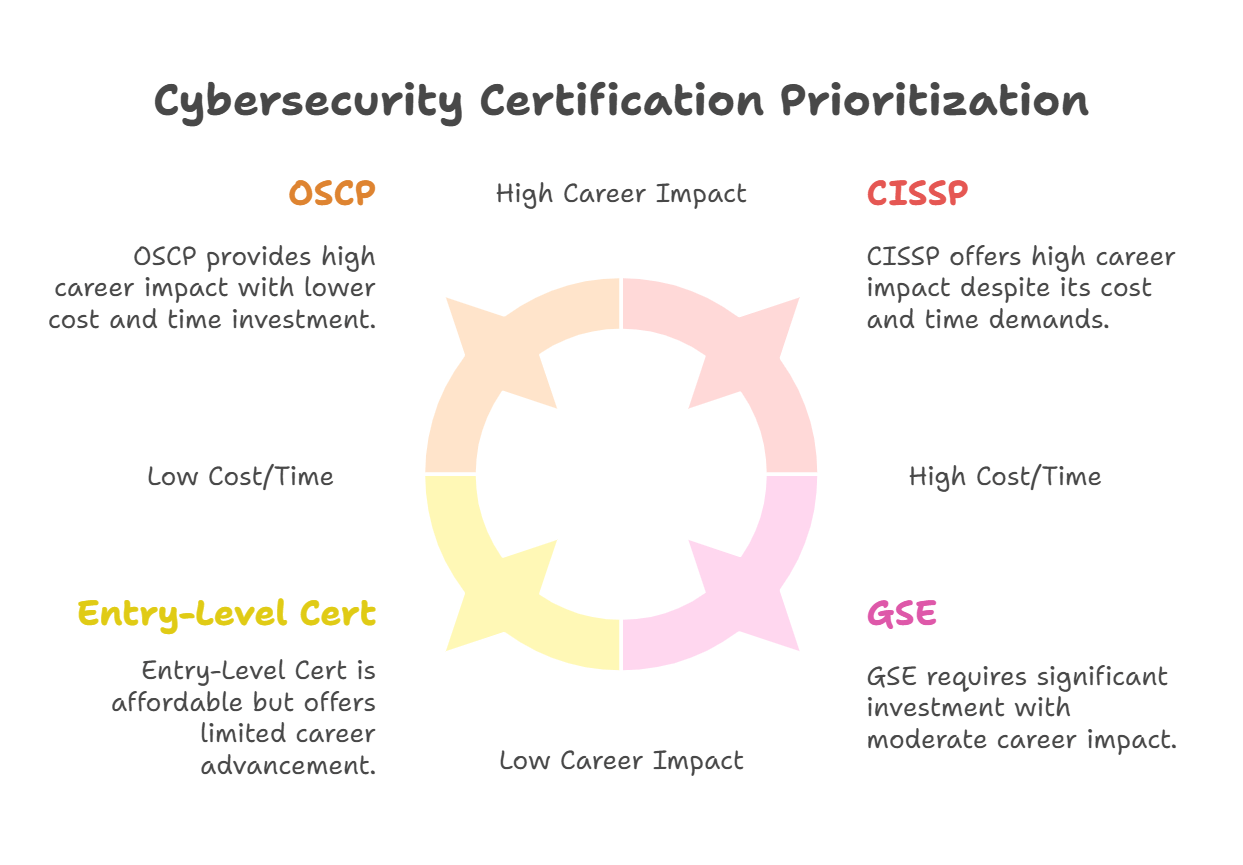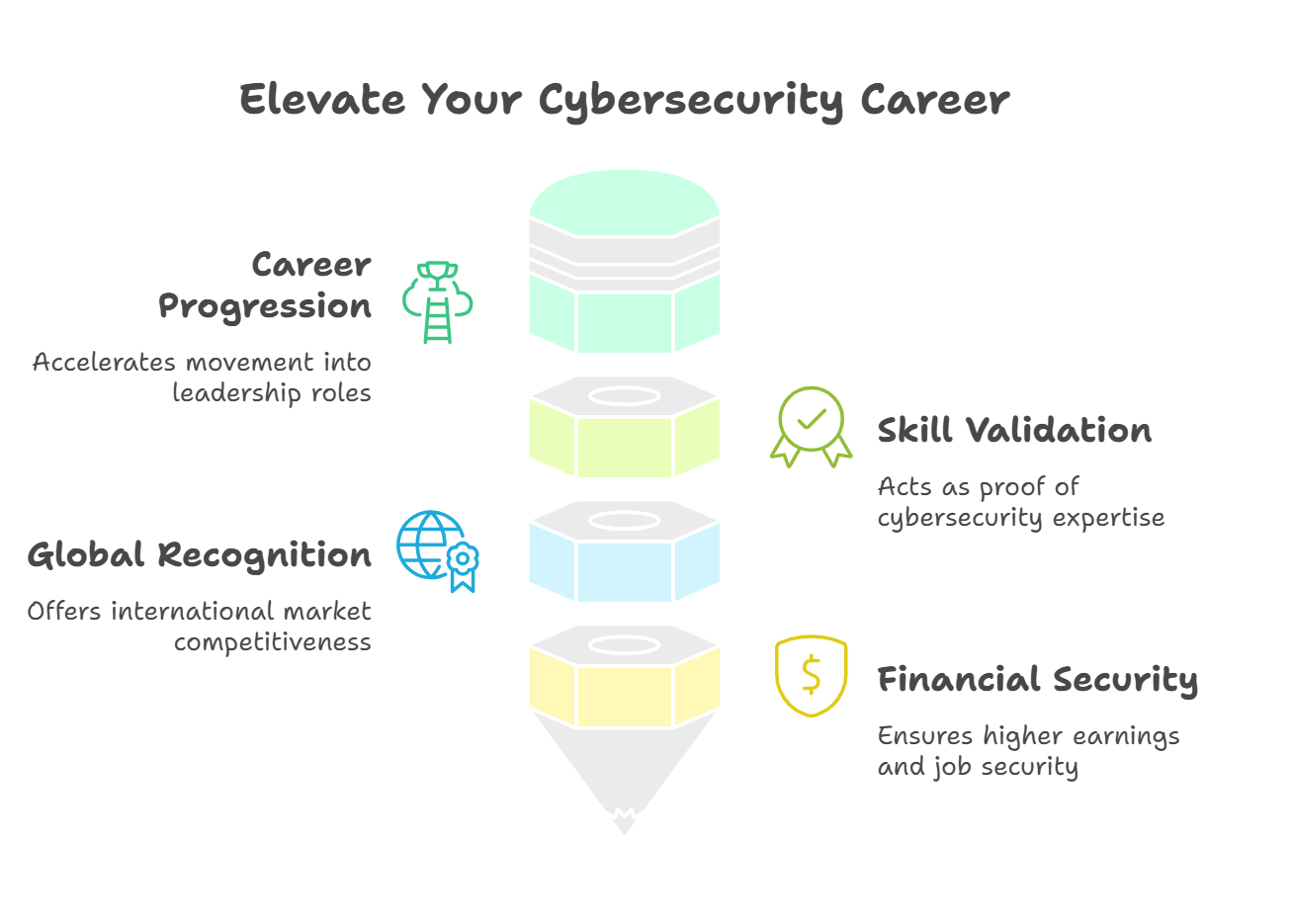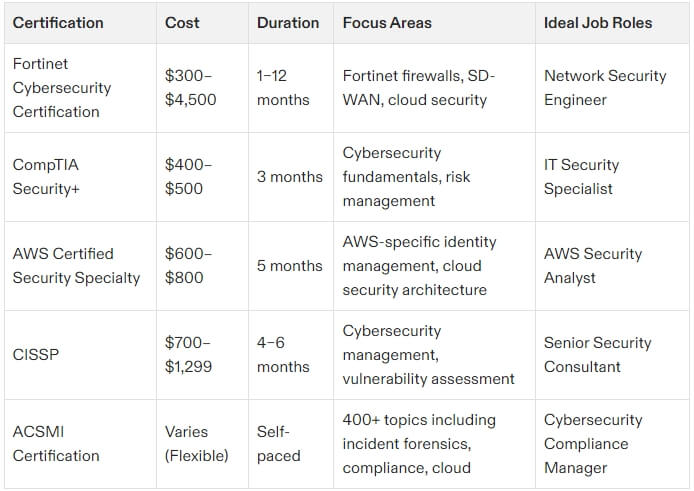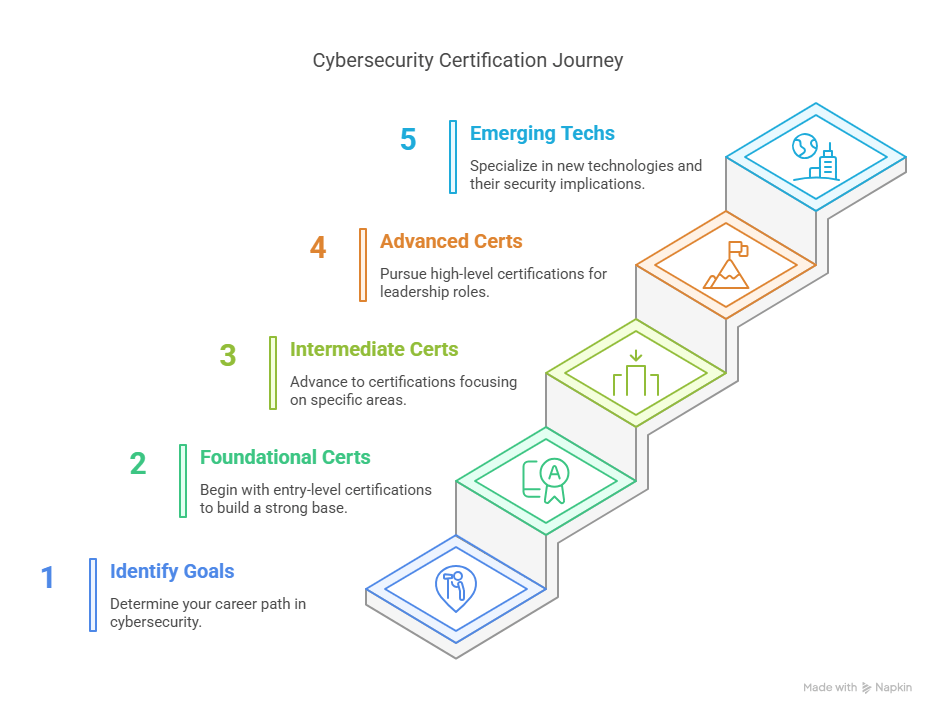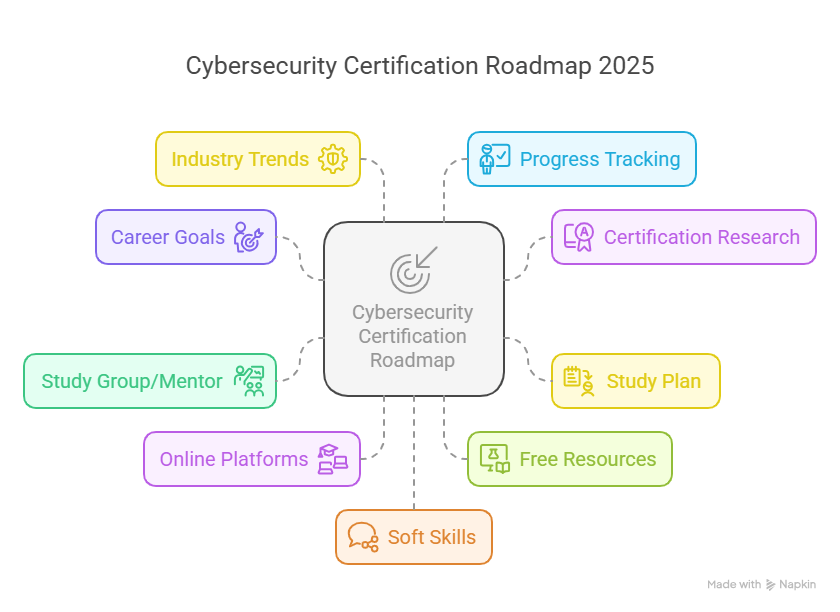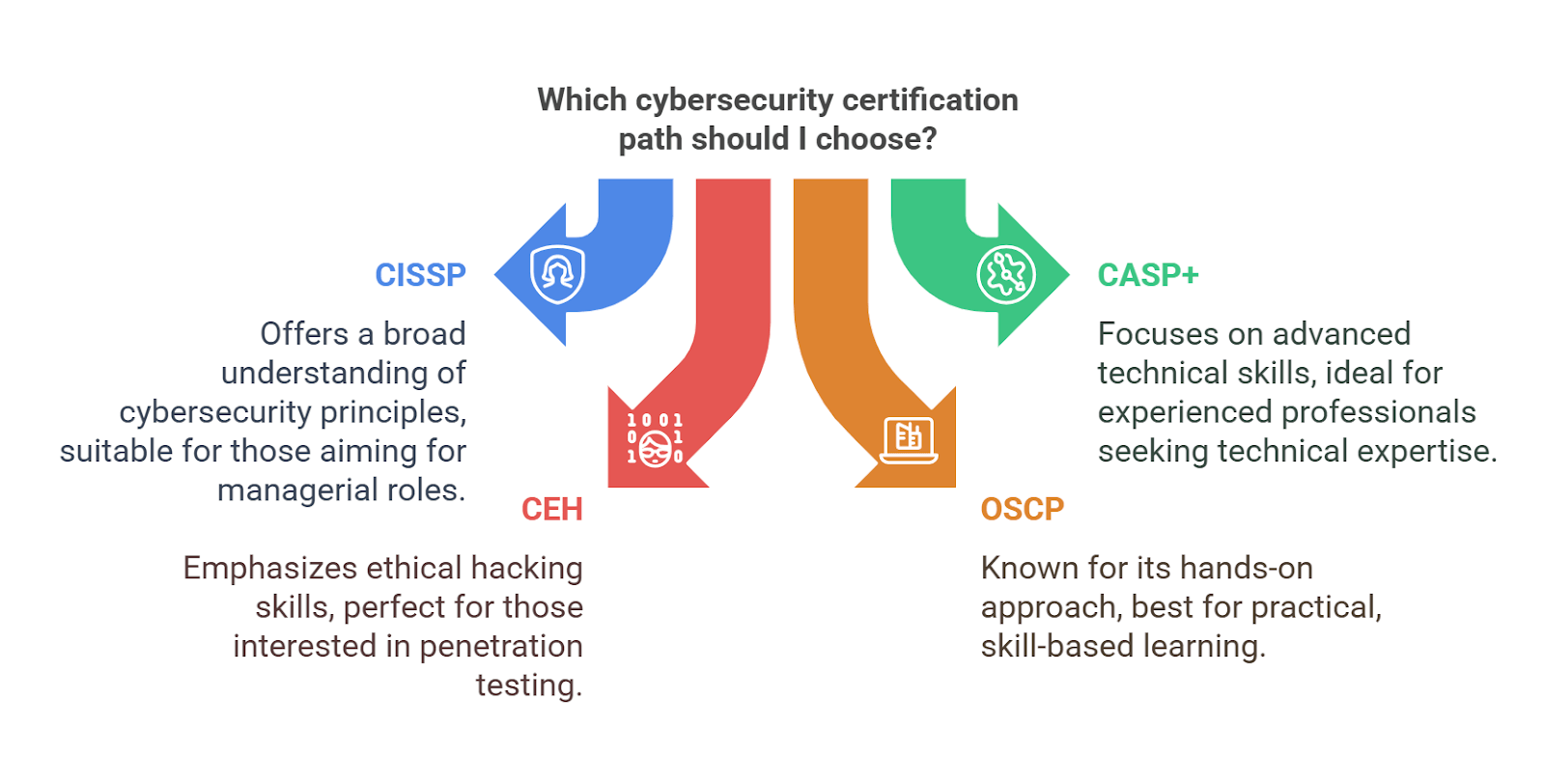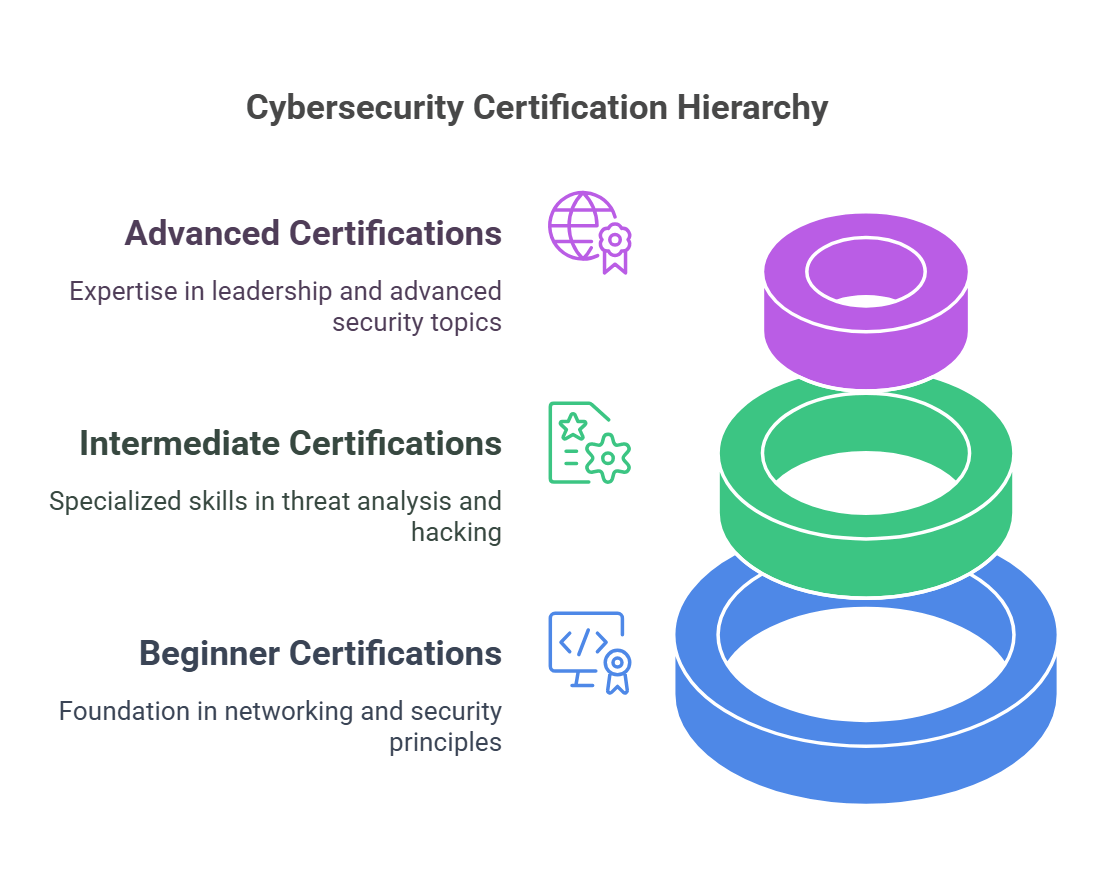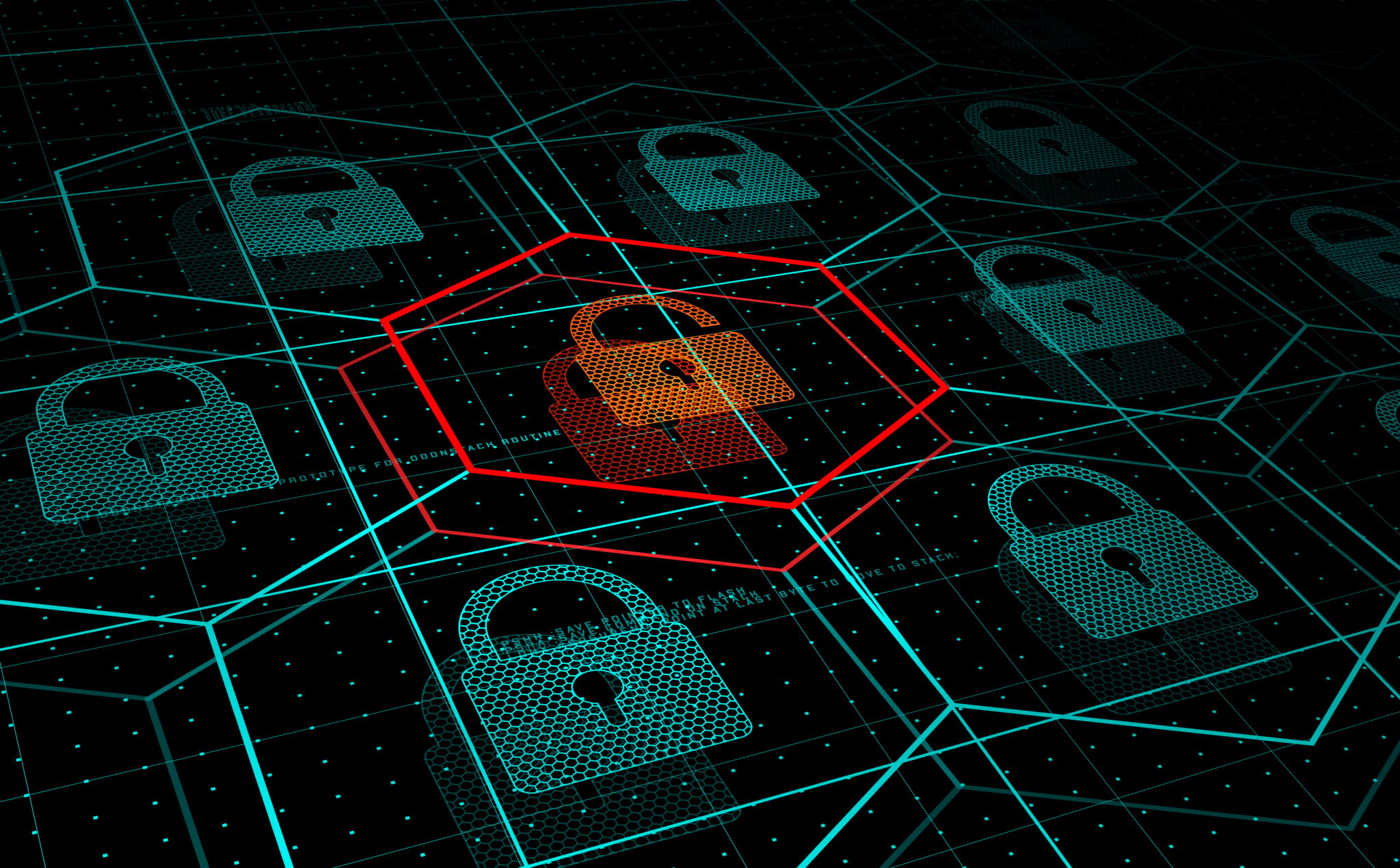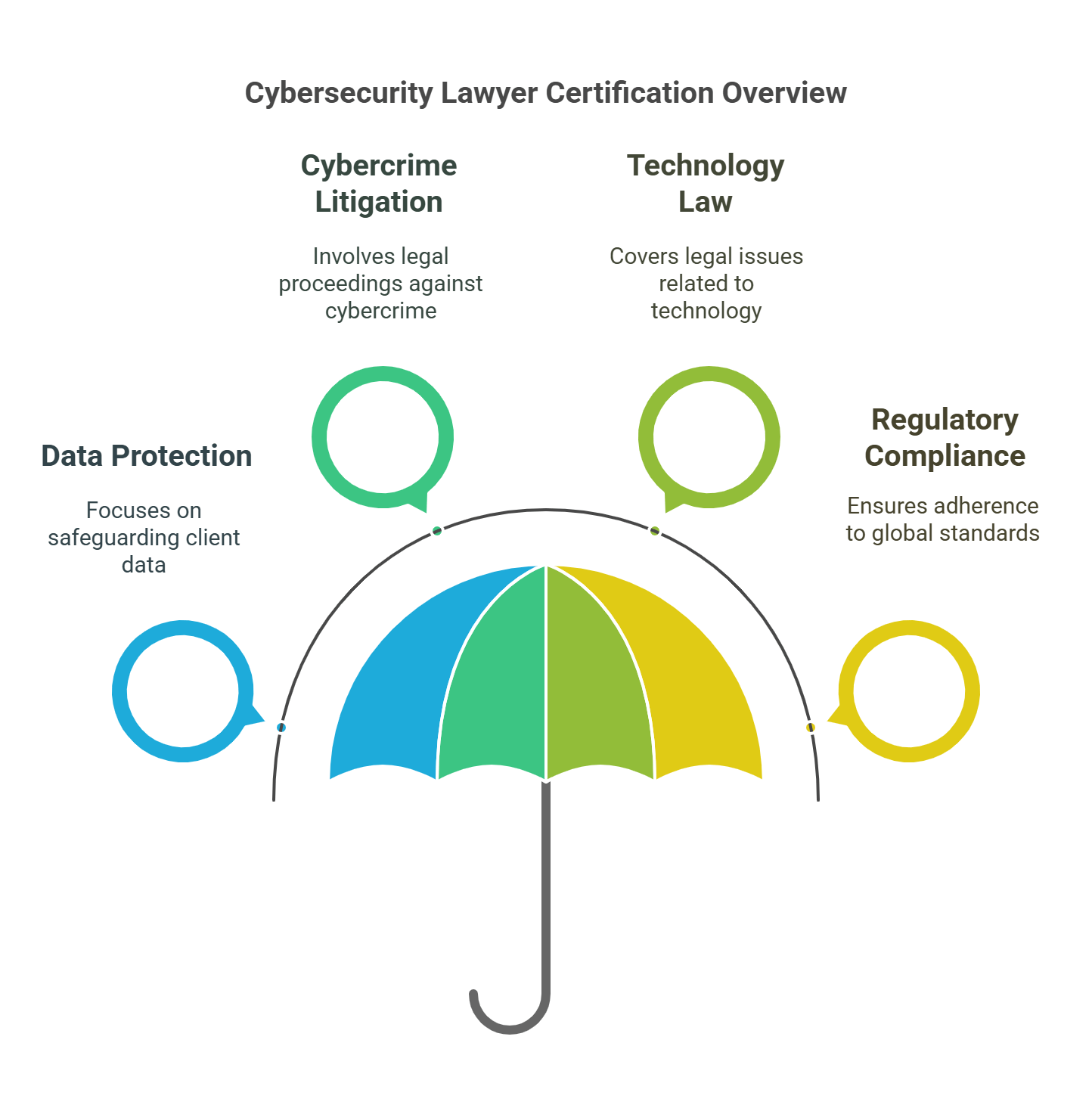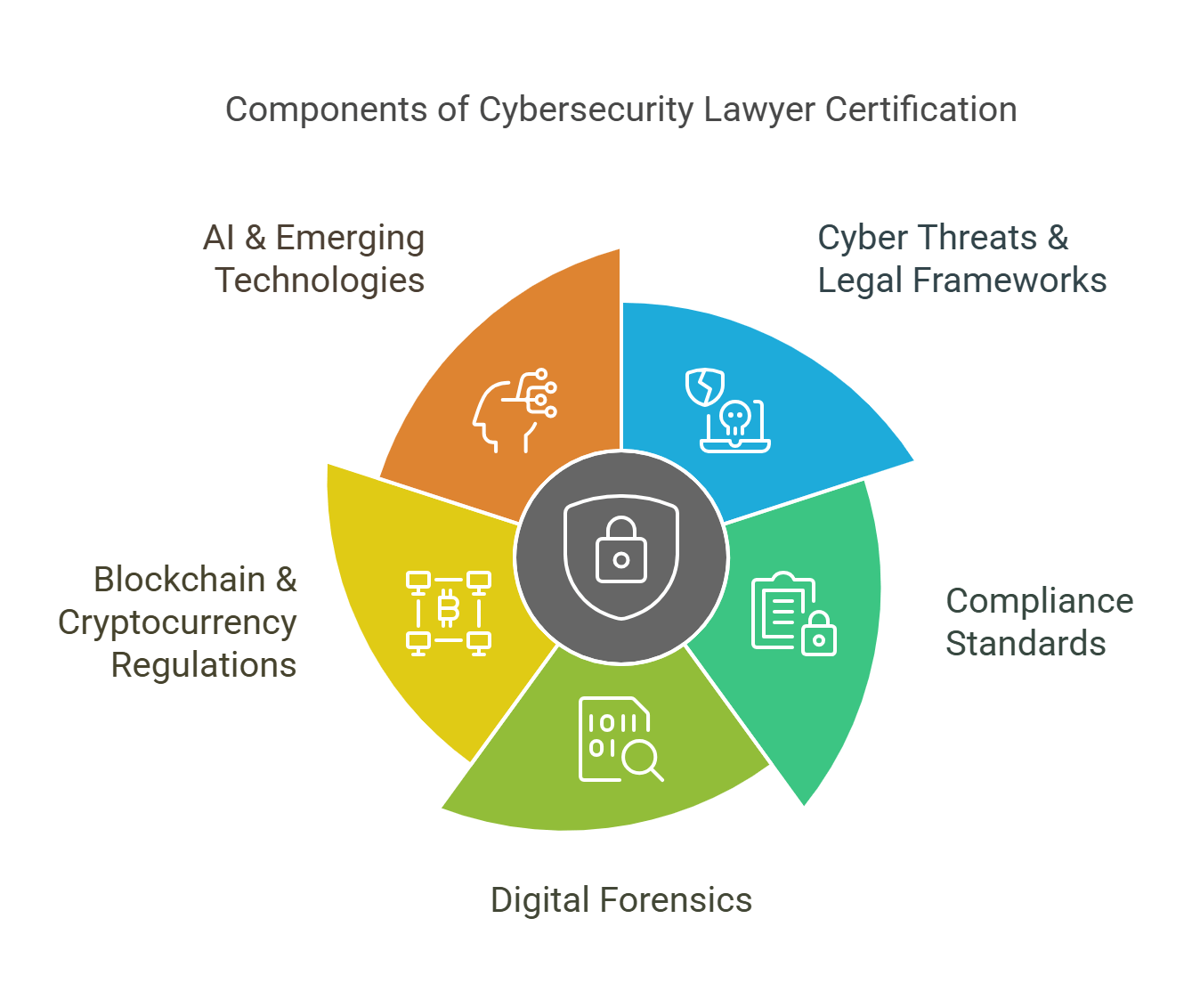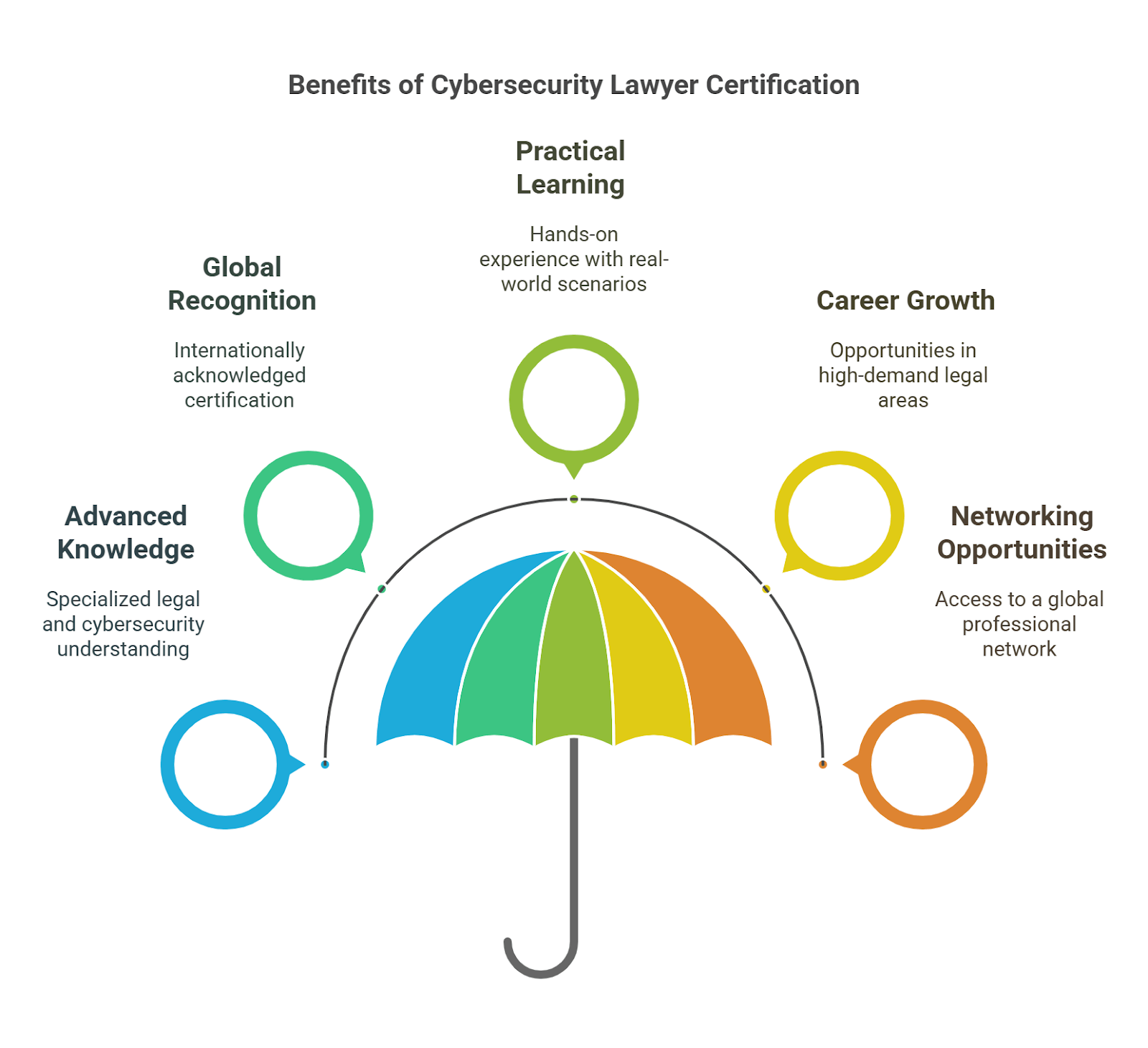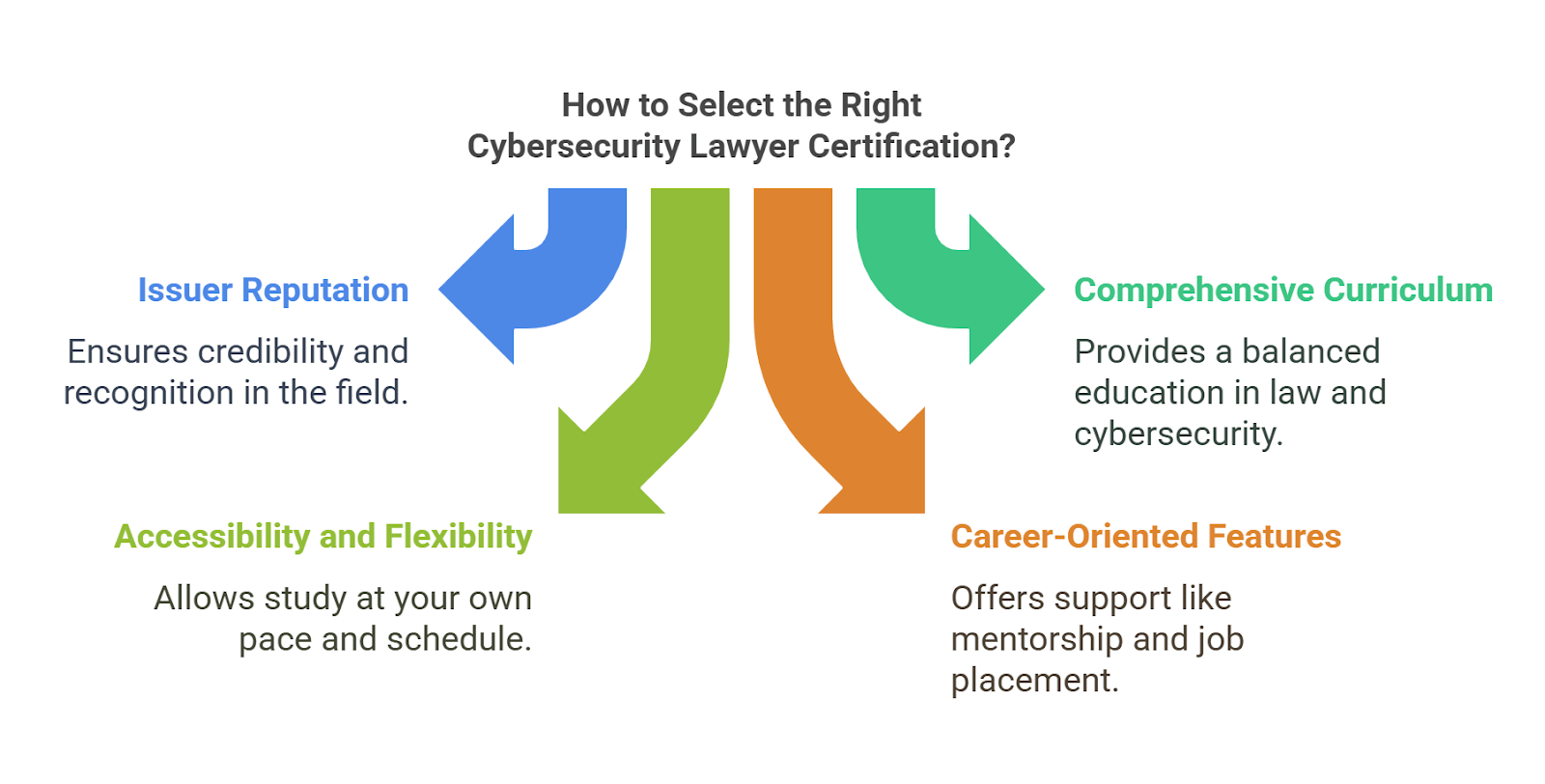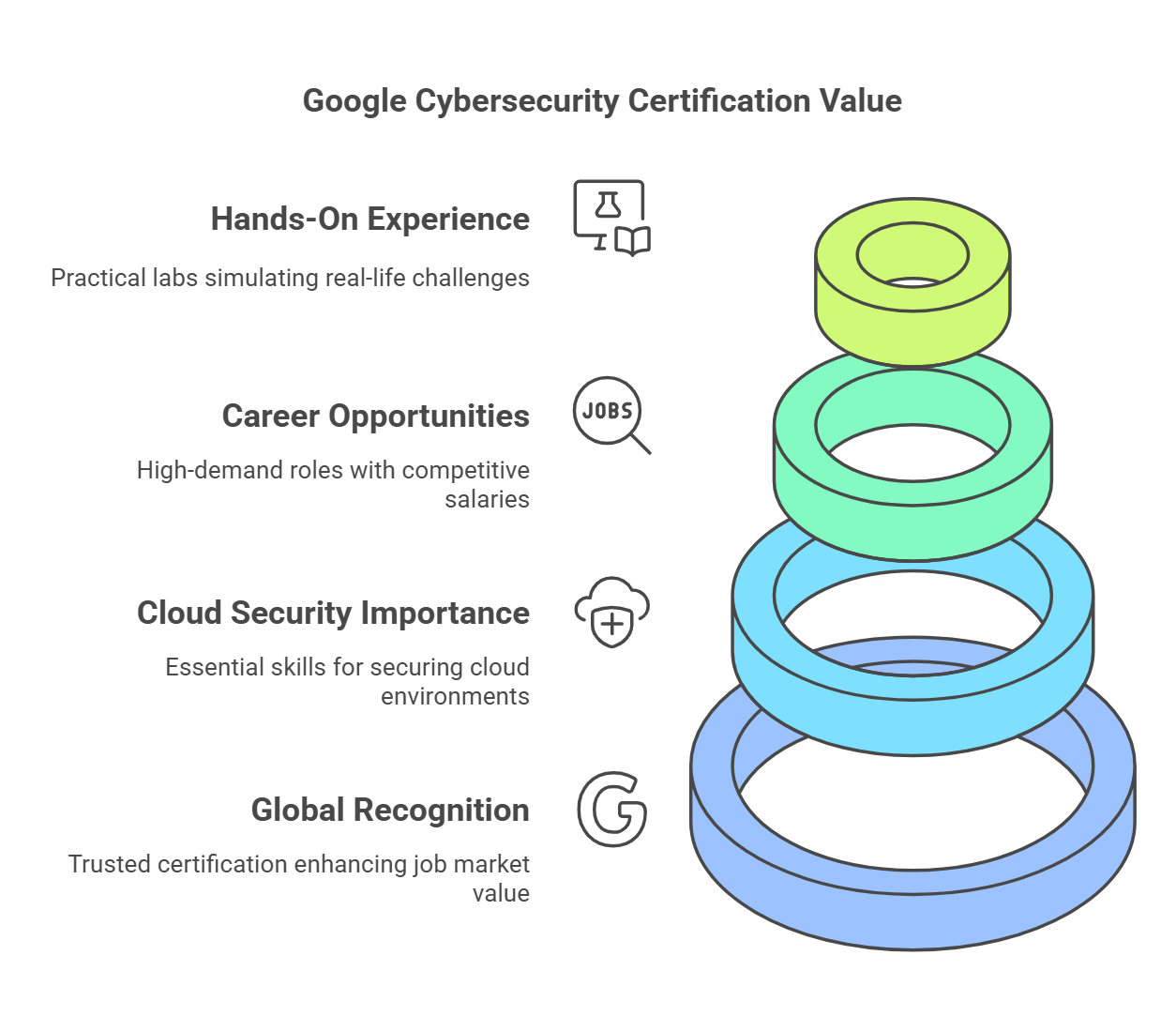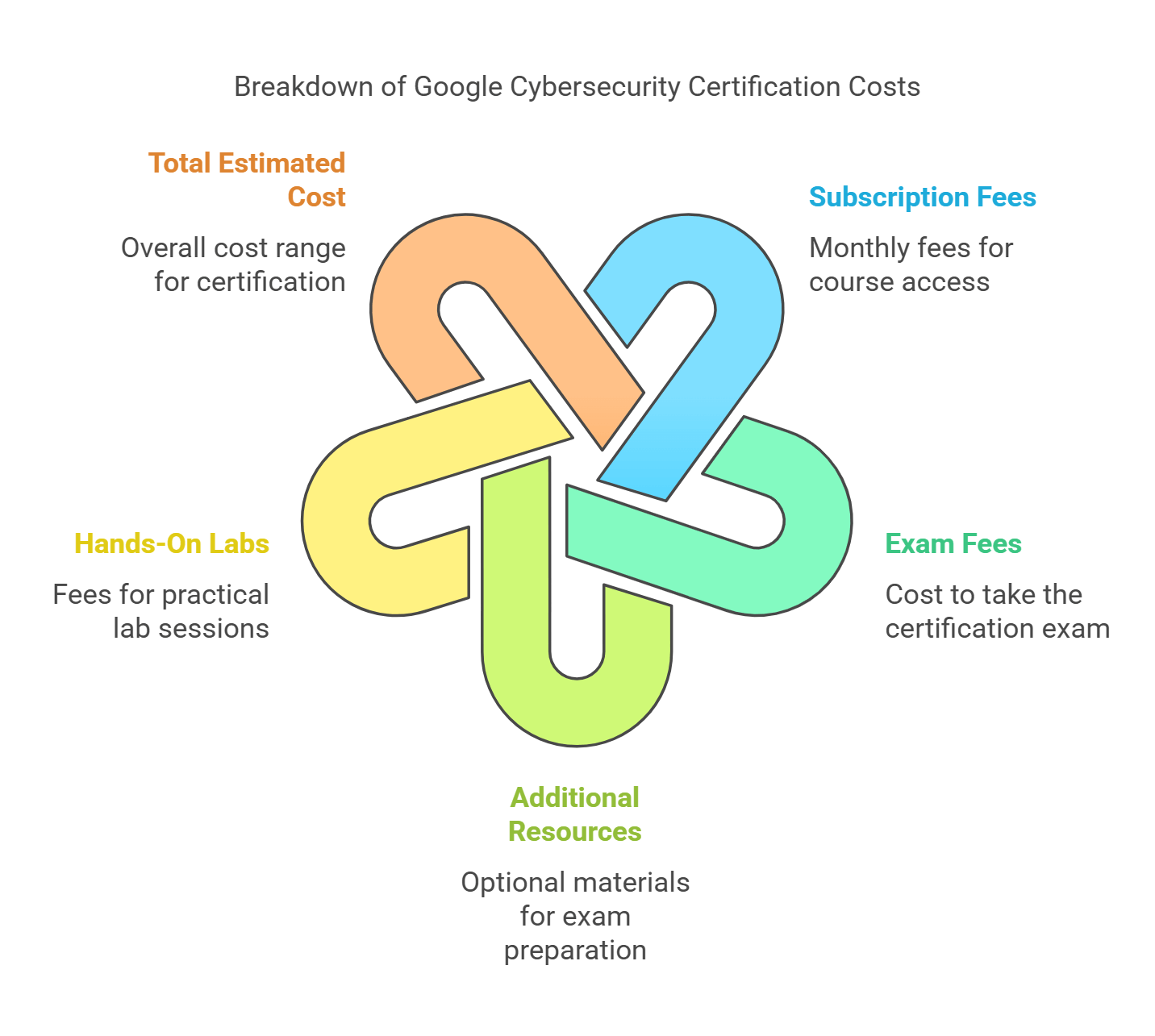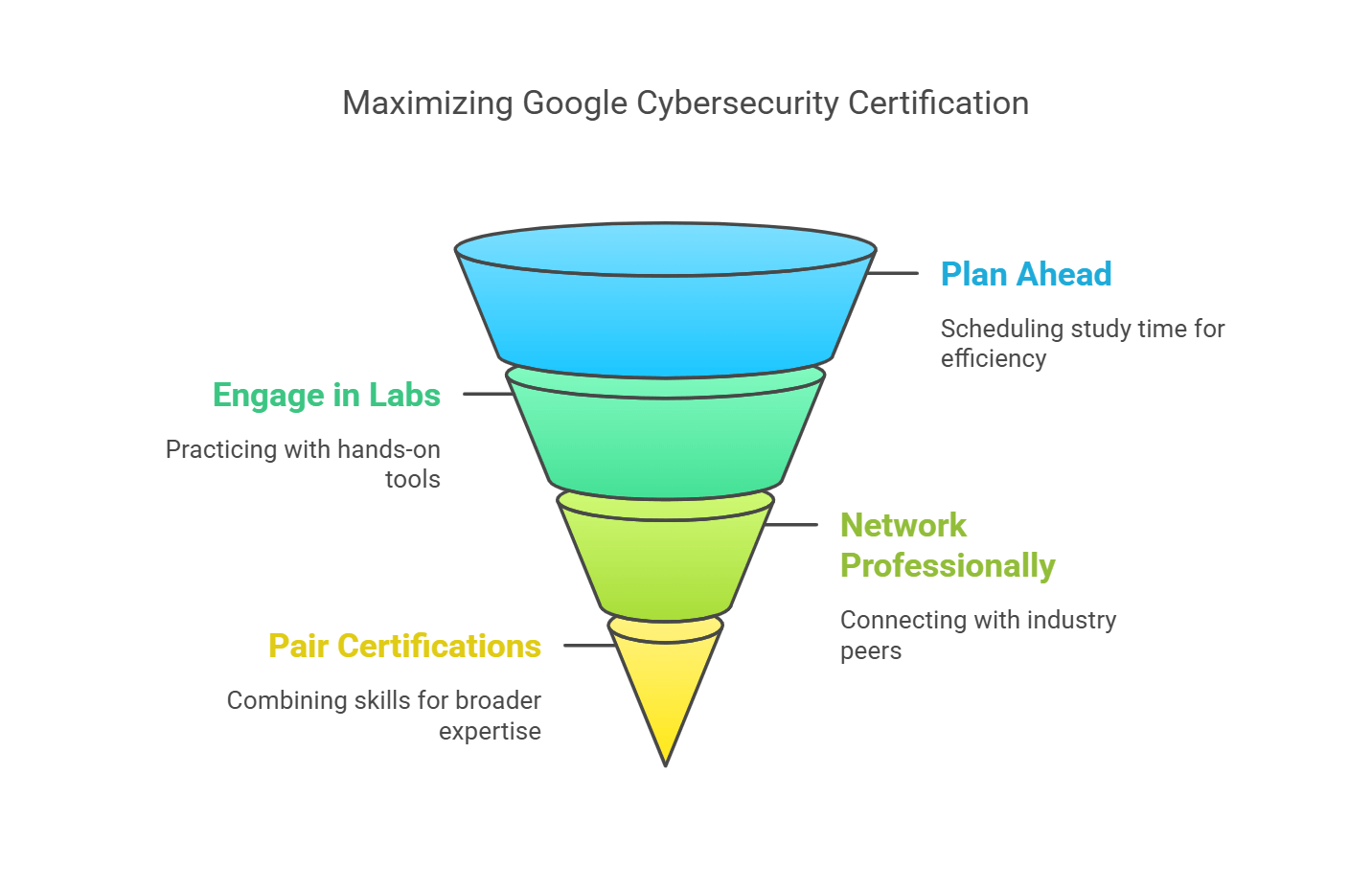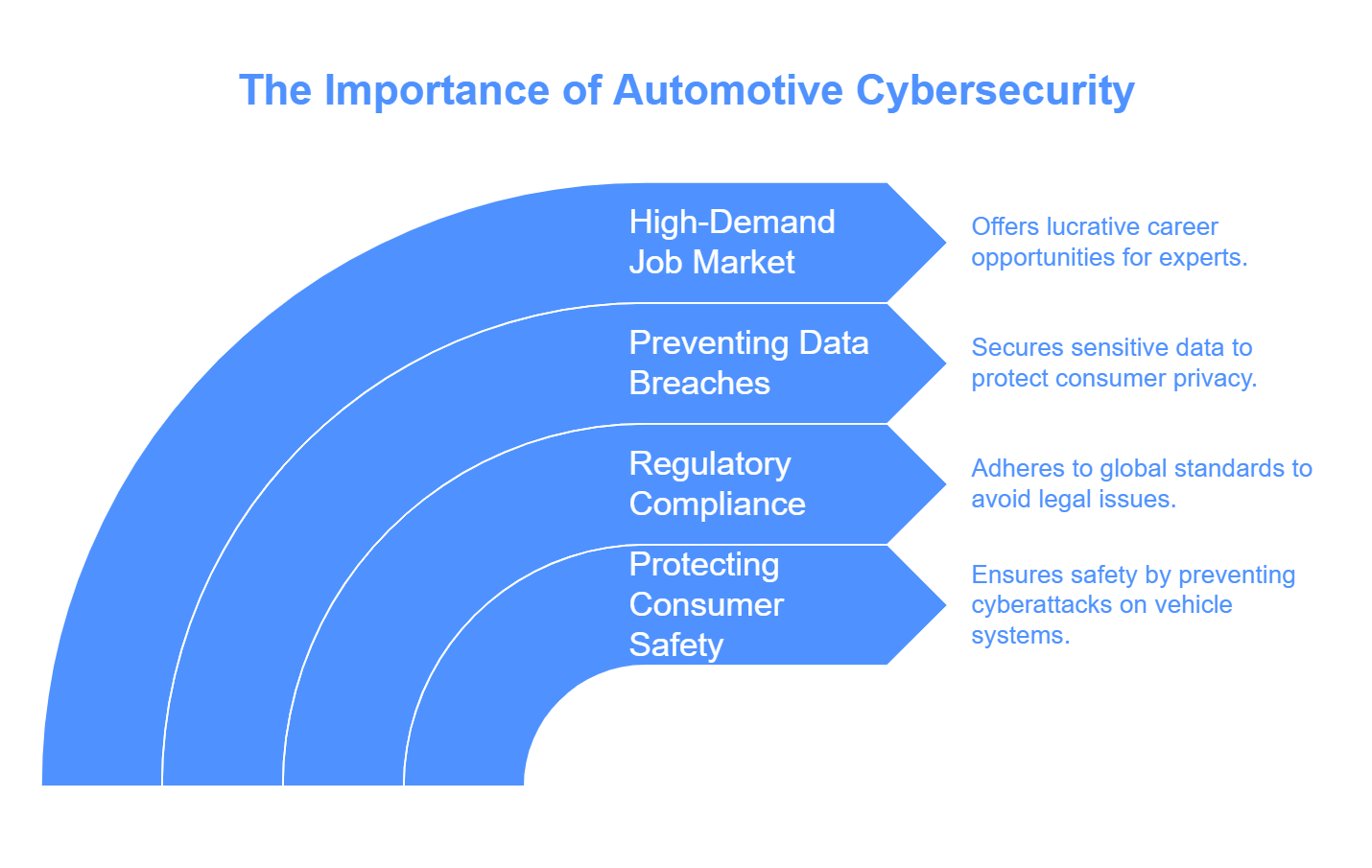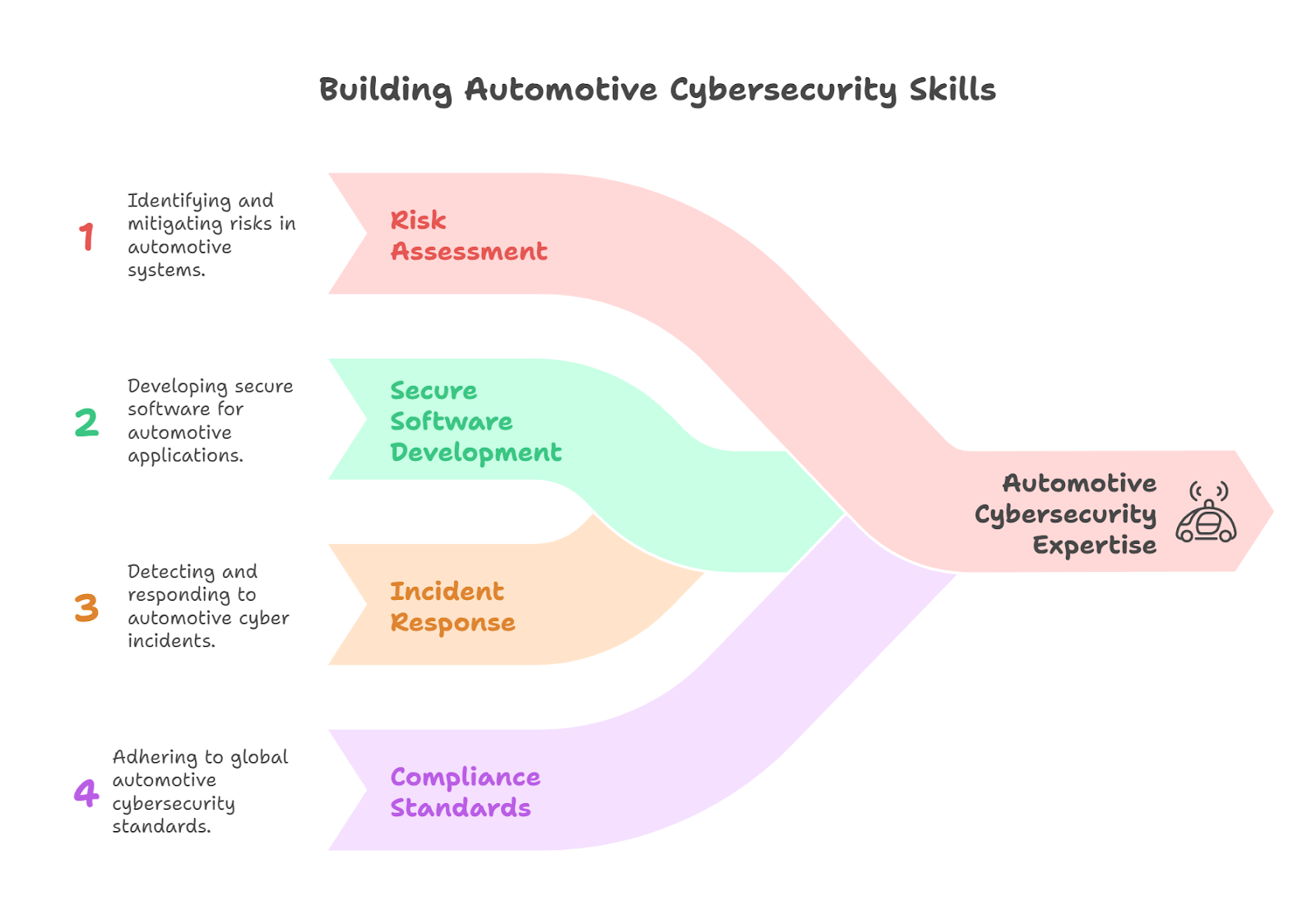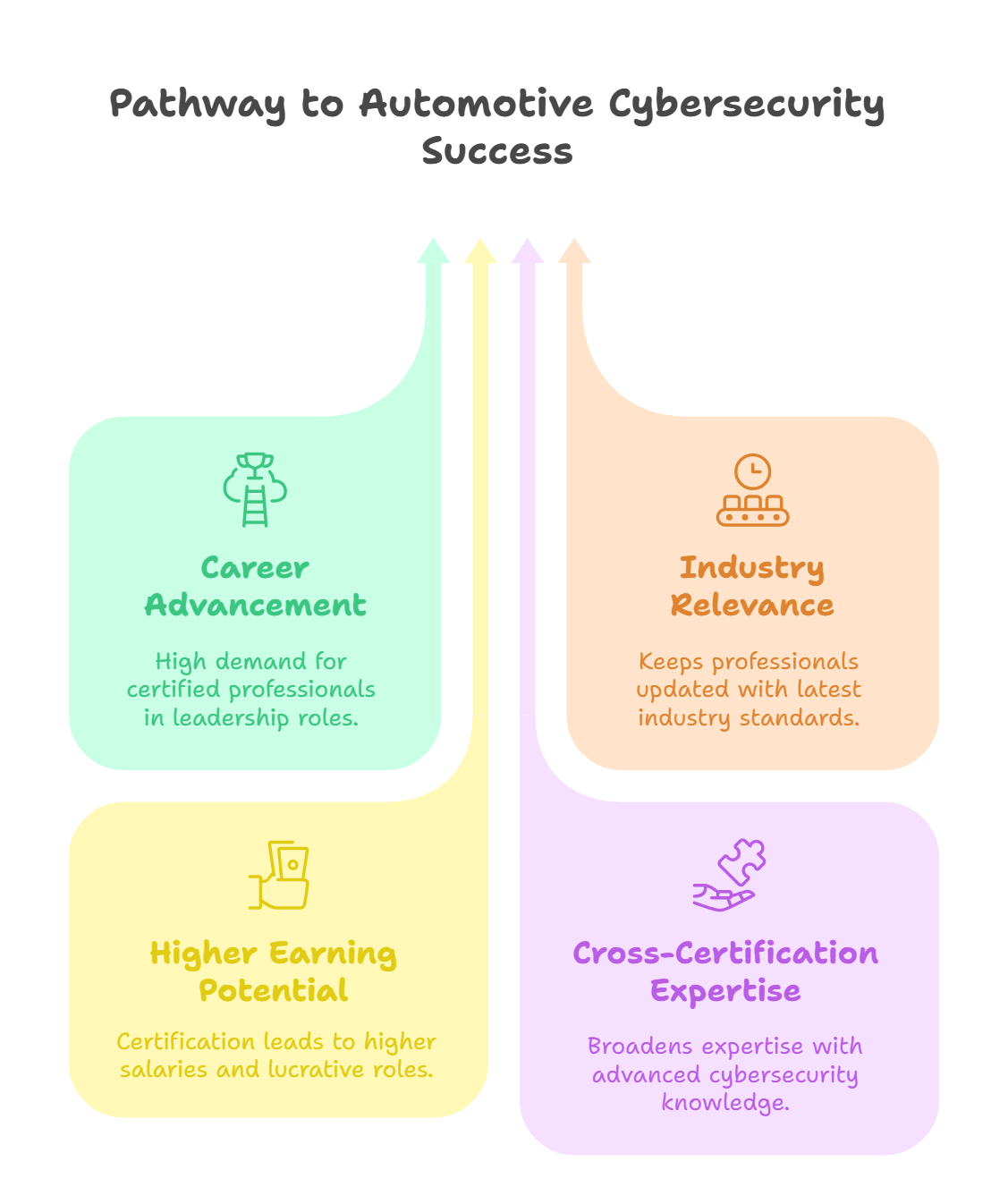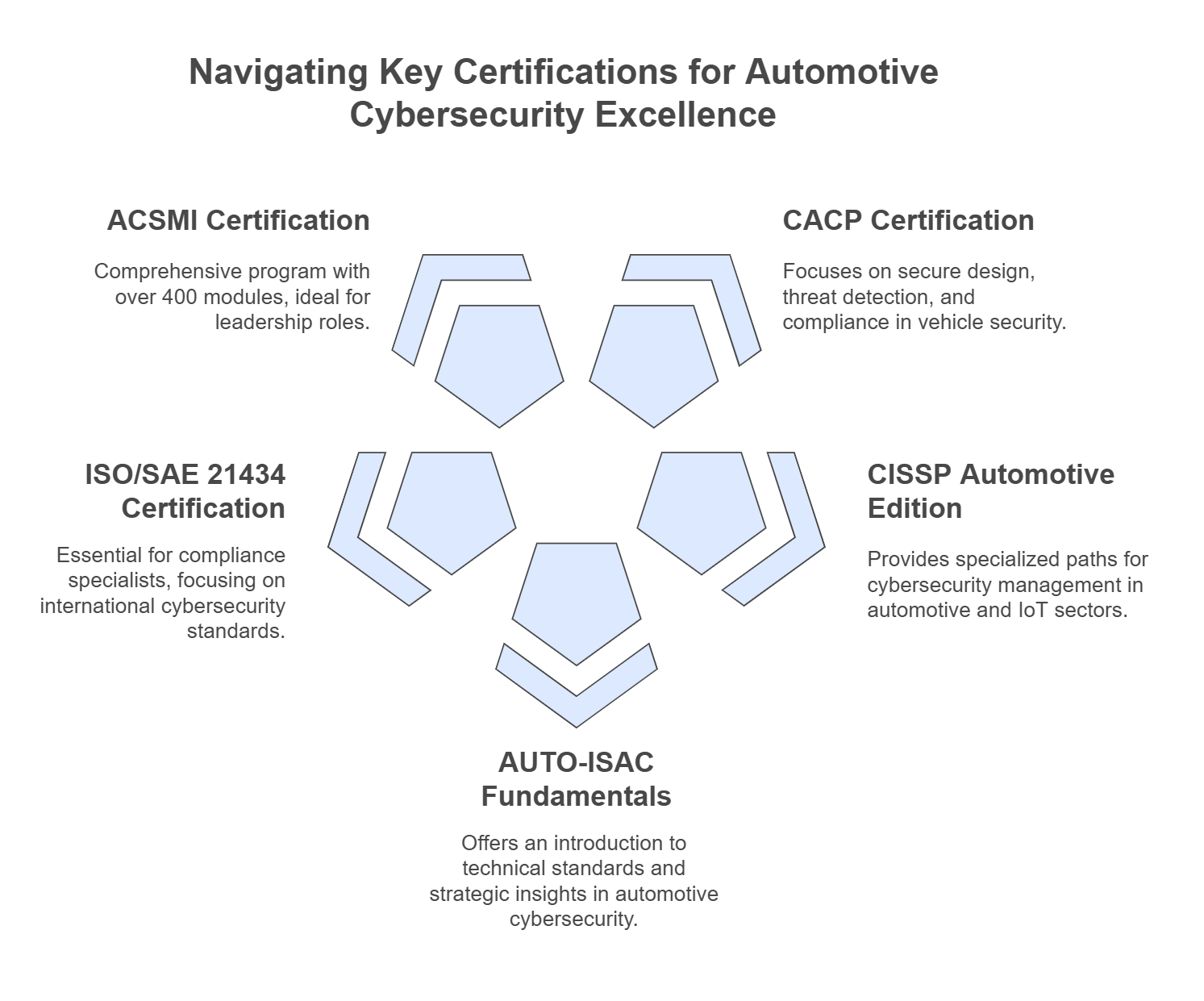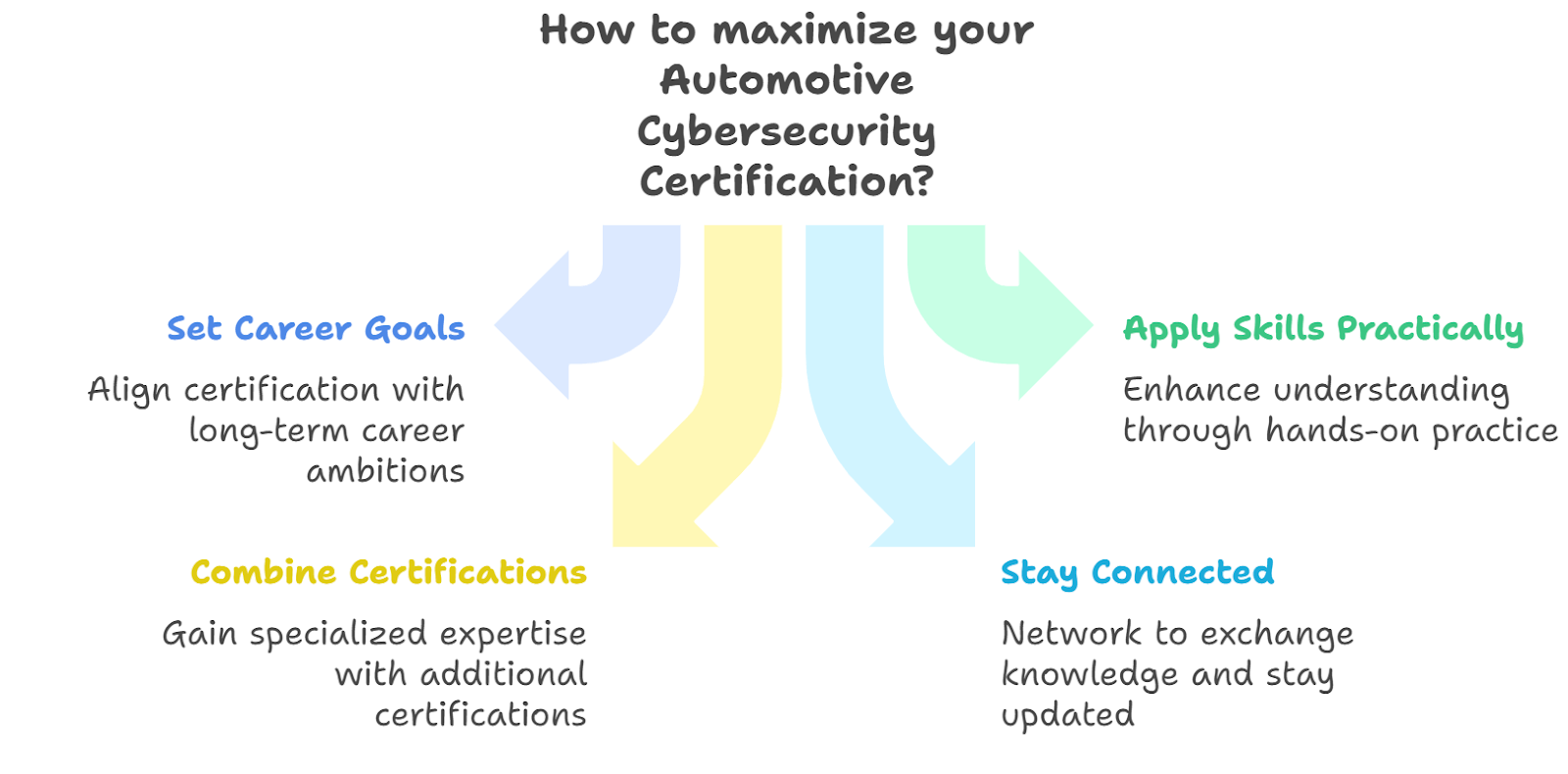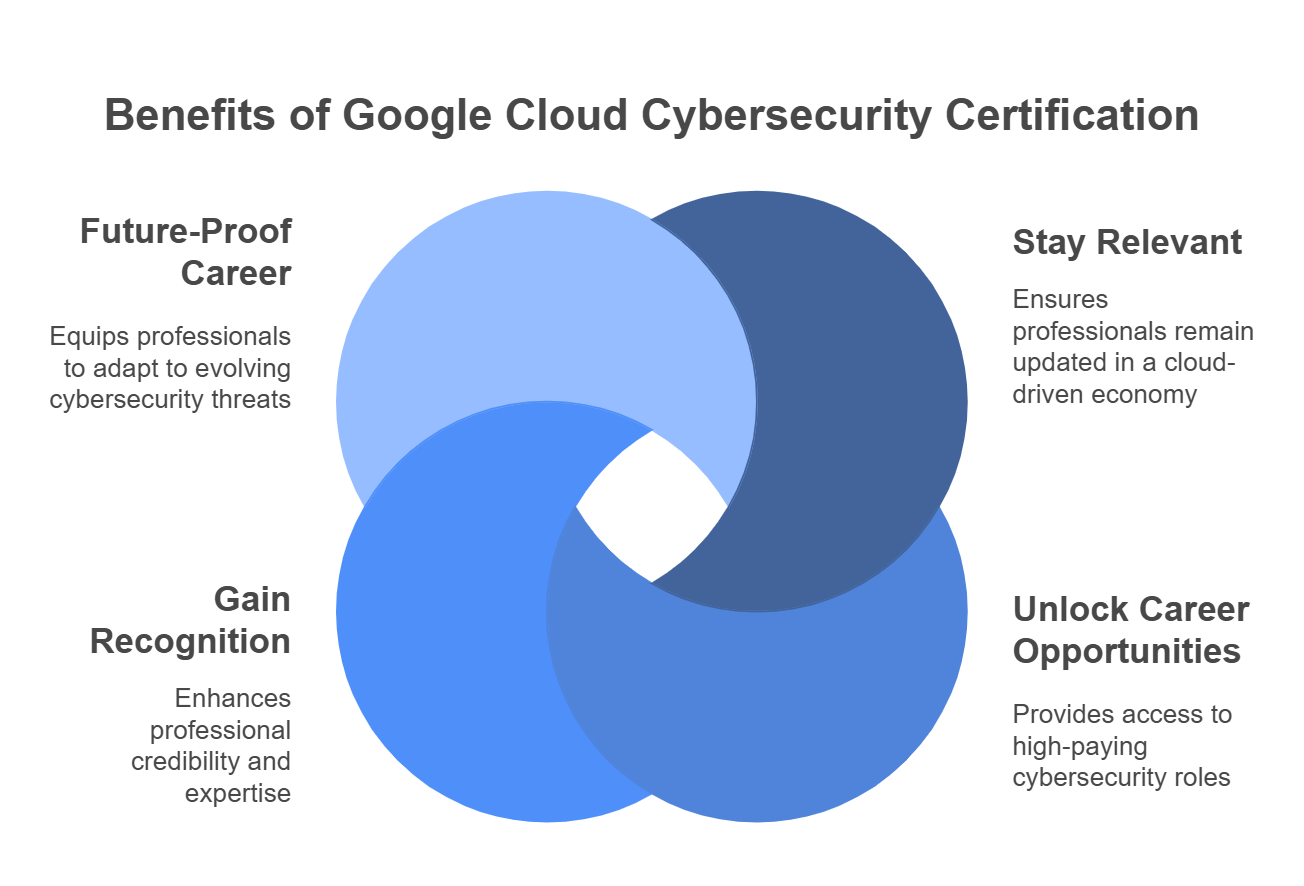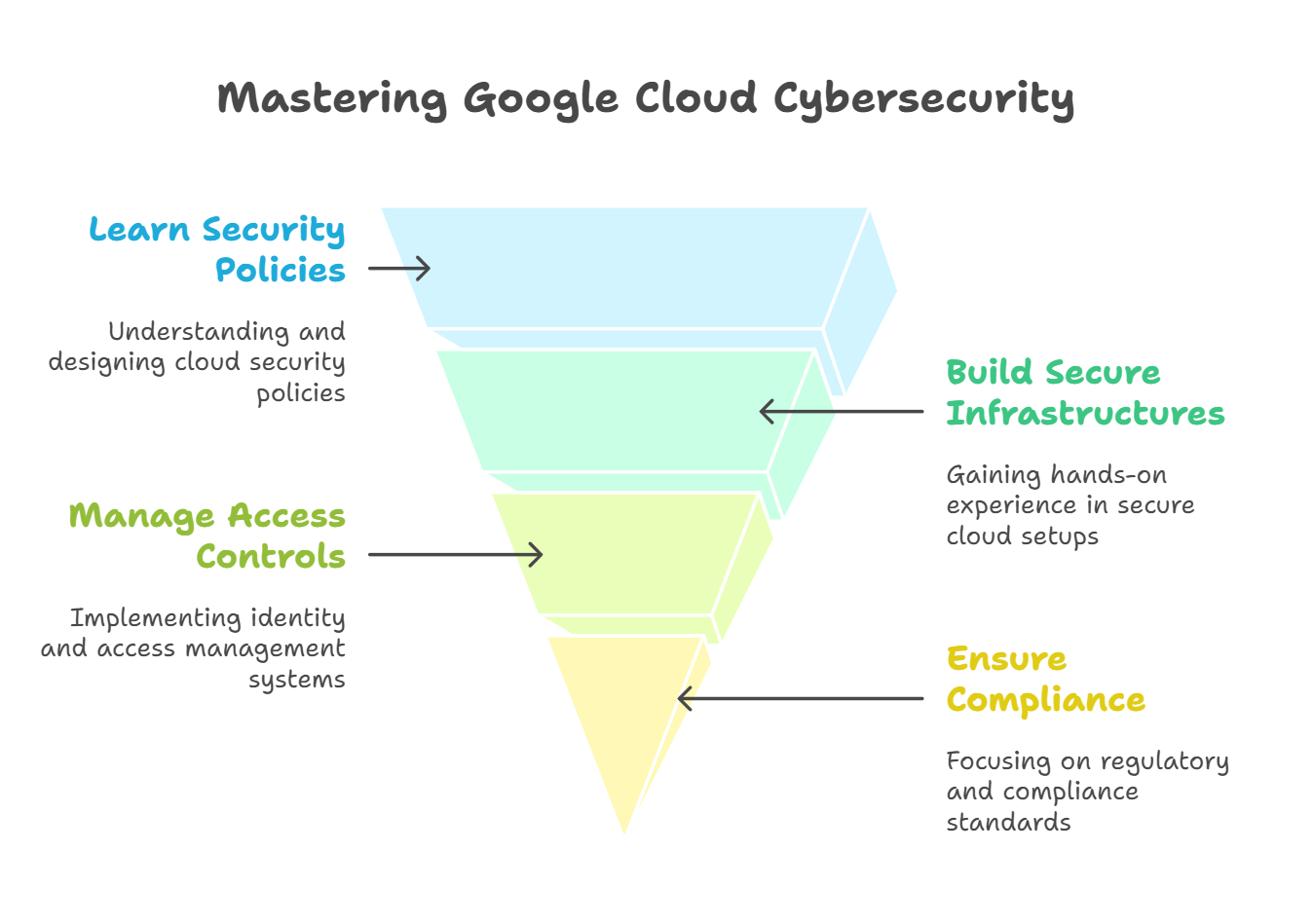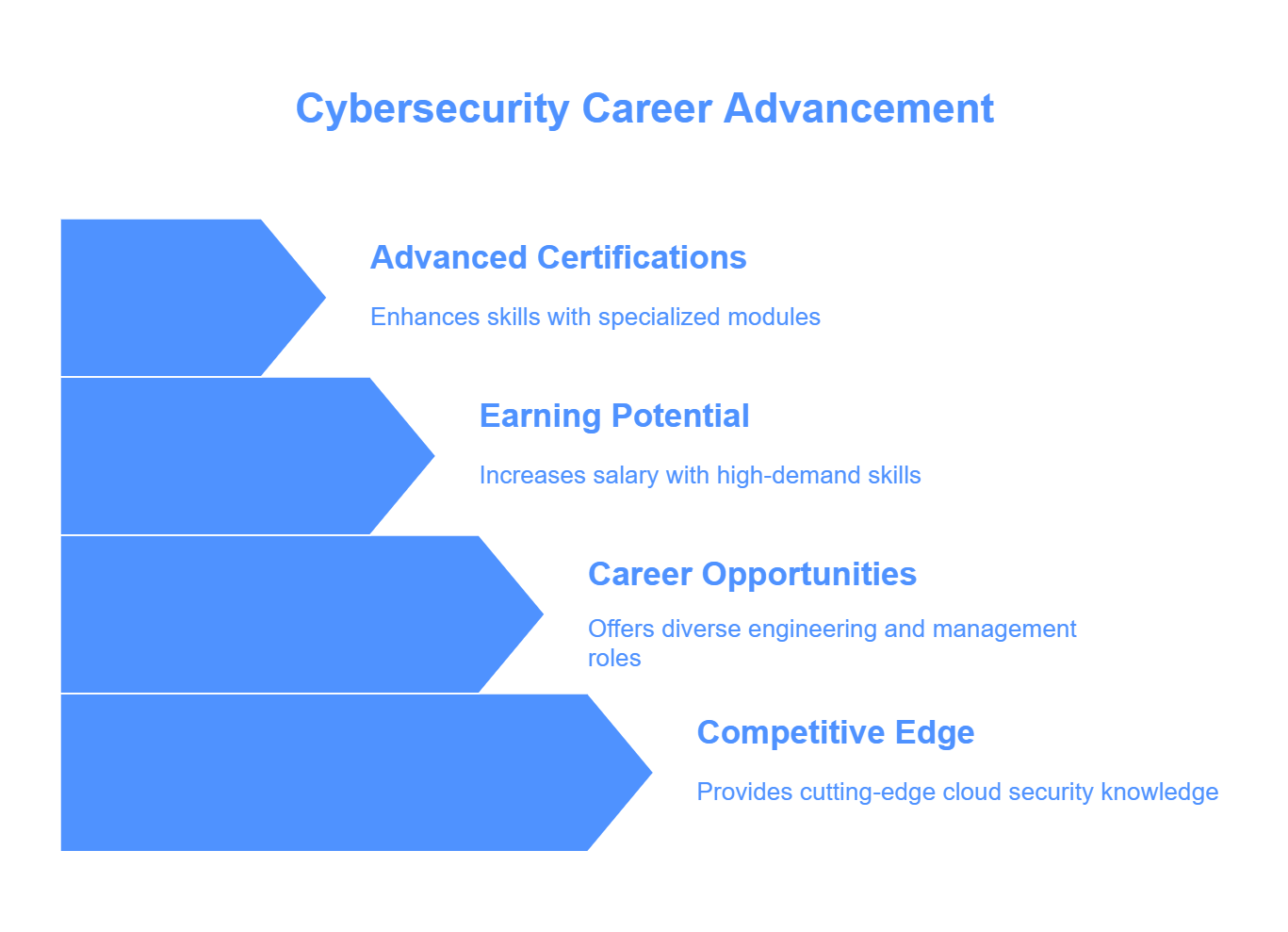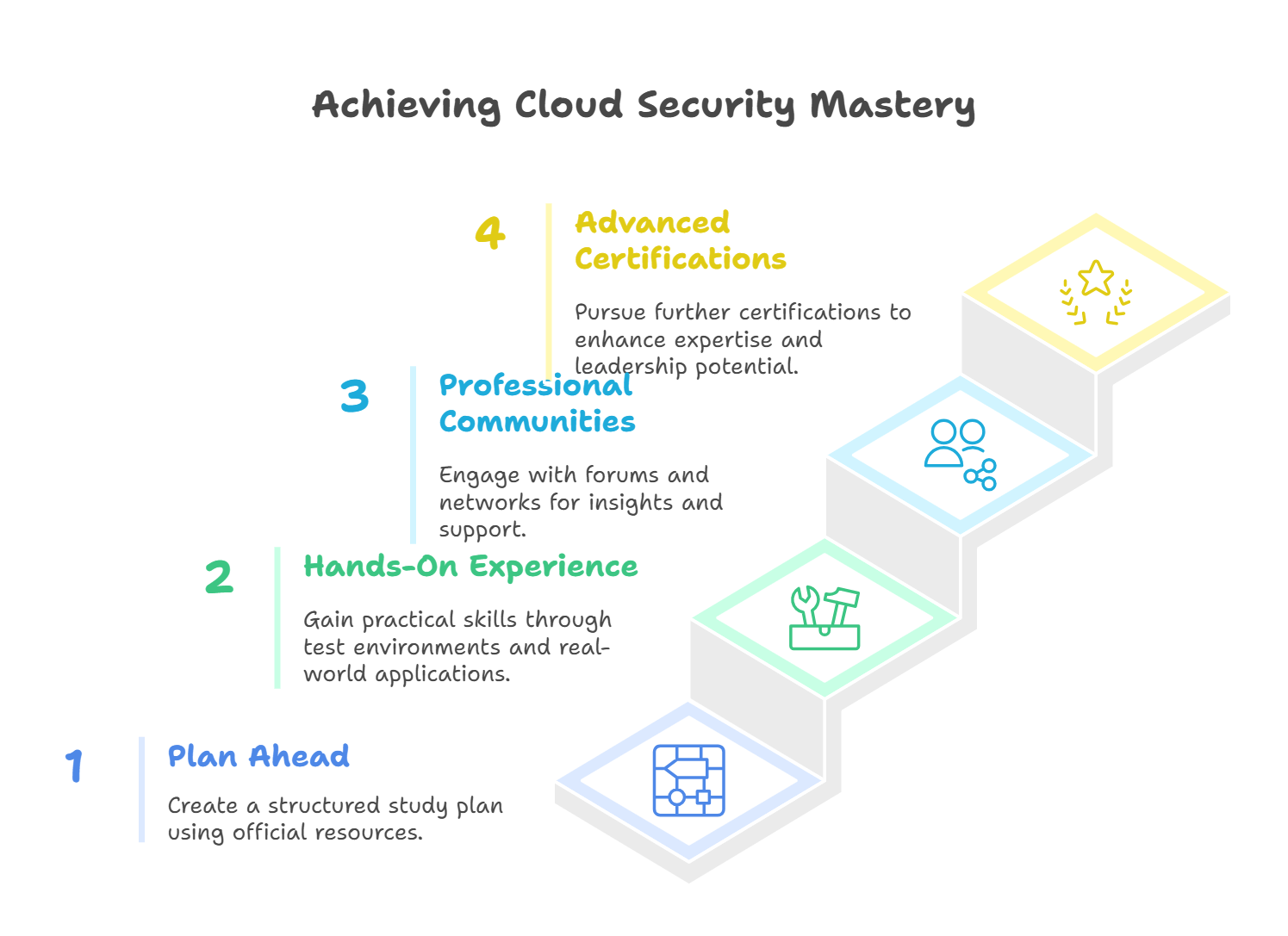Table of Contents
The demand for cybersecurity professionals is growing rapidly. With businesses constantly under threat from cyberattacks, professionals who can protect and secure critical information are in high demand. However, with a multitude of certifications available, the question remains: “Which Cybersecurity Certification Test should I get first?”
Choosing the right certification can feel overwhelming, but it’s an essential step in your journey to a rewarding career in cybersecurity. Whether you’re interested in network security, ethical hacking, or incident response, the certification you choose will depend on your career goals, technical background, and long-term ambitions. Below, we’ll explore the top certifications to consider when starting your cybersecurity career.
Understanding Cybersecurity Certifications
Cybersecurity certifications are credentials that validate your knowledge and skills in areas such as network security, ethical hacking, and incident response. These certifications cater to professionals at all levels, and for beginners, they generally focus on foundational concepts, core technical skills, and industry standards.
For those just starting out, your first certification should:
-
Cover essential cybersecurity principles.
-
Be globally recognized by employers.
-
Serve as a stepping stone for more advanced certifications.
Top Beginner Cybersecurity Certifications
So, which cybersecurity certification should you get first? Below are some of the most recommended certifications for beginners, along with why they might be the perfect fit for you.
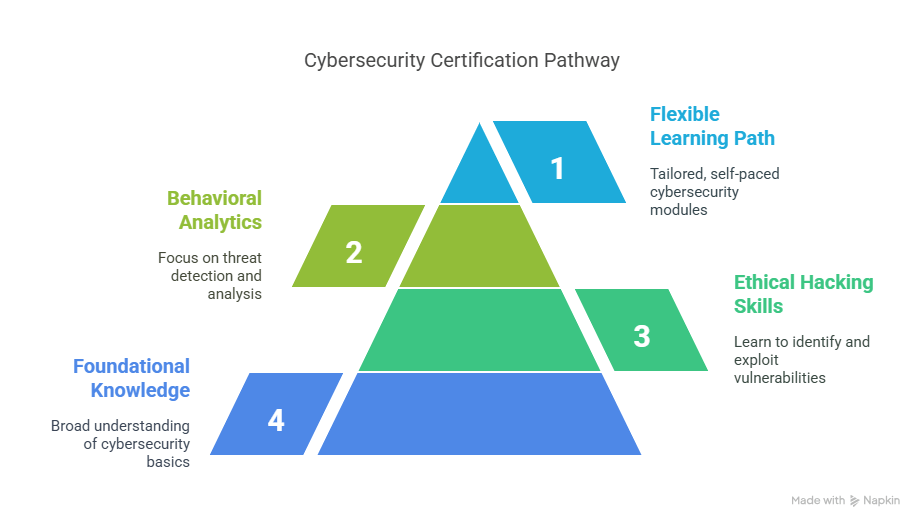
1. CompTIA Security+
CompTIA Security+ is one of the most widely recognized entry-level certifications for aspiring cybersecurity professionals. It covers fundamental security concepts, including network attacks, threat mitigation techniques, and risk management.
Why it’s ideal for beginners:
-
No prior experience required.
-
Focuses on the basics of cybersecurity, including cryptography, incident response, and risk management.
Cost: $392
Career Roles: Security Administrator, Systems Analyst
Ideal For: Individuals looking to get a broad understanding of cybersecurity and start with foundational knowledge.
2. Certified Ethical Hacker (CEH)
The Certified Ethical Hacker (CEH) certification is designed to teach you how to think like a hacker and proactively identify vulnerabilities. It focuses on penetration testing, allowing you to learn the skills needed to test and strengthen network security.
Why it’s an option:
-
Perfect if you’re interested in penetration testing and ethical hacking.
-
Gives a solid foundation for ethical hacking careers.
Cost: $1,199
Career Roles: Penetration Tester, Vulnerability Analyst
Ideal For: Those excited by ethical hacking and offensive security roles.
3. CompTIA Cybersecurity Analyst (CySA+)
The CySA+ certification focuses on the behavioral aspects of cybersecurity, particularly threat detection and analysis. It’s an excellent choice for those interested in monitoring systems and responding to incidents.
Why choose this:
-
Emphasizes behavioral analytics, a key skill for cybersecurity professionals.
-
Covers threat detection, incident response, and vulnerability management.
Cost: $392
Career Roles: SOC Analyst, Cybersecurity Specialist
Ideal For: Those looking to get into roles focused on security operations and monitoring.
4. ACSMI Certification (Beginner Modules)
If you prefer a more flexible learning approach, ACSMI offers a modular certification program with 400+ modules that cover various aspects of cybersecurity, from network security to compliance and forensics.
Why it stands out:
-
Offers a tailored learning path with beginner modules to help you get started.
-
Flexible, self-paced learning with scalability as you progress in your career.
Cost: Varies based on chosen modules.
Career Roles: Entry-Level Cybersecurity, IT Support
Ideal For: Beginners who prefer flexibility in their learning path.
Study Tips to Ace Your First Cybersecurity Certification
Once you’ve decided on the right certification, it’s time to prepare. Here are some tips to help you succeed:
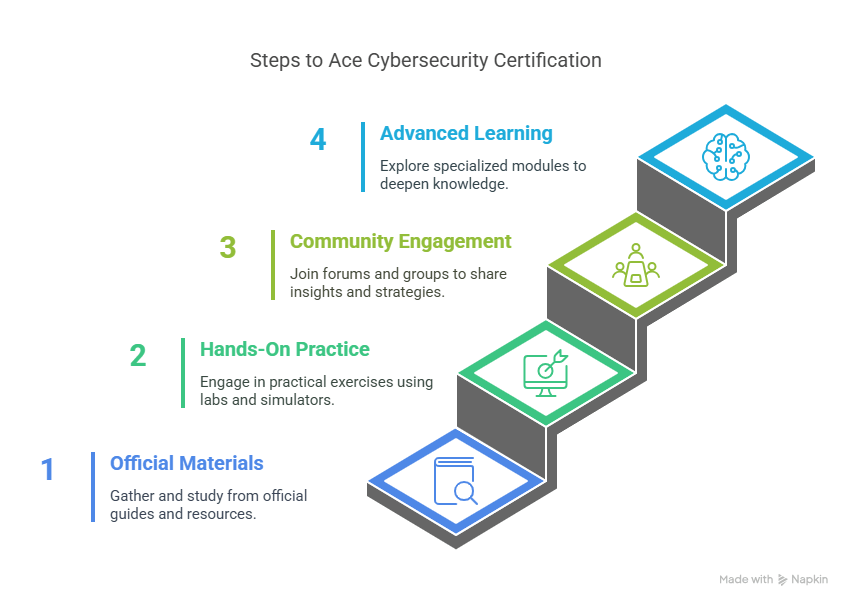
-
Use Official Study Materials:
Many certification programs, including CompTIA Security+ and CEH, provide official study guides and resources. These materials are aligned with the exam blueprint and ensure you cover all the required topics. -
Engage in Hands-On Practice:
Practical knowledge is essential, especially for certifications like CEH and CySA+. Use tools like virtual labs, simulators, or Kali Linux to practice real-world skills. -
Join Forums & Learning Communities:
Join cybersecurity forums, Reddit communities, or LinkedIn groups to get insights from peers, share study tips, and discuss exam strategies. -
Pair Learning with Advanced Modules:
After starting with a beginner-level certification, consider pairing it with advanced learning modules. This helps you dive deeper into specialized areas, such as threat hunting or cloud security, especially when aiming for an It Specialist Cybersecurity Certification.
Benefits of Starting with the Right Certification
Choosing the right certification can significantly impact your career. Here are some benefits:
-
Enhanced Job Opportunities:
Certifications like CompTIA Security+ are recognized by employers and serve as a solid foundation for entry-level roles in cybersecurity. -
A Stepping Stone for Advanced Certifications:
Certifications like Security+ or CEH prepare you for more advanced credentials, such as CISSP (Certified Information Systems Security Professional). -
Exposure to Multiple Domains:
Starting with a broad certification like Security+ helps you explore multiple areas of cybersecurity, allowing you to identify your career interests early on.
Informative Table – Beginner Cybersecurity Certifications Compared
|
Certification |
Cost |
Focus |
Career Roles |
|
CompTIA Security+ |
$392 |
Risk management, network security |
Security Administrator, Systems Analyst |
|
Certified Ethical Hacker (CEH) |
$1,199 |
Penetration testing, vulnerability analysis |
Penetration Tester, Vulnerability Analyst |
|
CompTIA Cybersecurity Analyst (CySA+) |
$392 |
Threat detection, behavioral analysis |
SOC Analyst, Cybersecurity Specialist |
|
ACSMI Certification (Beginner Modules) |
Varies |
Network security, compliance, forensics |
Entry-Level Cybersecurity, IT Support |
Final Thoughts
The question of “Which cybersecurity certification should I get first?” depends on your career interests and background. Starting with foundational certifications like CompTIA Security+ or CEH will provide a strong base. Pairing these with ACSMI‘s flexible modules will ensure you’re well-prepared for the dynamic challenges of the cybersecurity field.
Your certification journey is the first step to a rewarding career. Choose wisely, and let your certifications pave the way for advanced opportunities in cybersecurity!
FAQ – Everything About Your First Cybersecurity Certification
Which Cybersecurity Certification Should I Get First Without Prior Experience?
CompTIA Security+ is ideal for absolute beginners with no prior experience. It covers essential cybersecurity knowledge and is widely recognized by employers.
Can I Start With Advanced Certifications?
It’s advisable to start with entry-level certifications, especially if you’re new to the field. Advanced certifications like CISSP require prior experience.
How Long Does It Take to Prepare for a Beginner Certification?
Most beginner certifications take 2–4 months of consistent study.
Is CEH Suitable as a First Certification?
CEH can work as a first certification if ethical hacking is your main interest. However, it’s more specialized and might require basic networking or coding knowledge.
How Much Can I Earn After Earning My First Certification?
Entry-level roles, such as SOC Analyst or Security Administrator, offer salaries ranging from $60,000 to $80,000. Earning additional certifications will further increase your earning potential.


